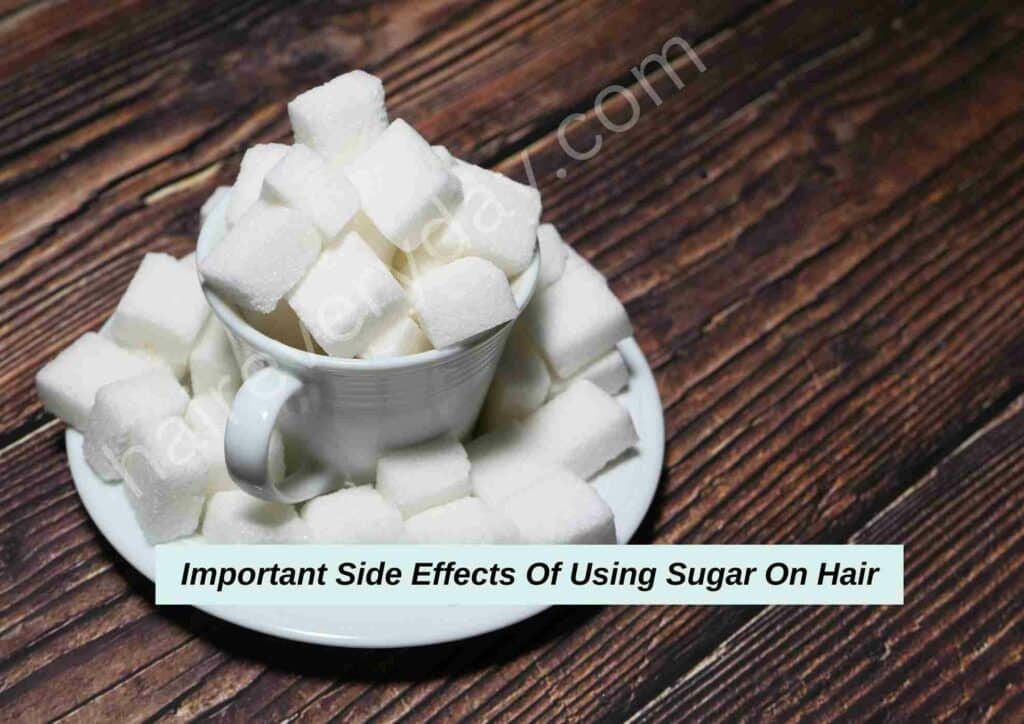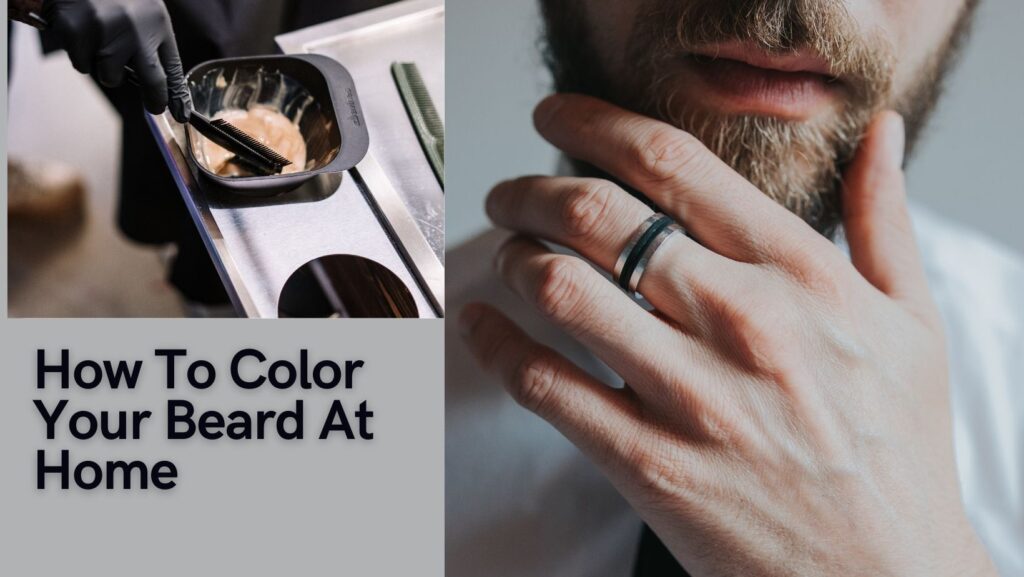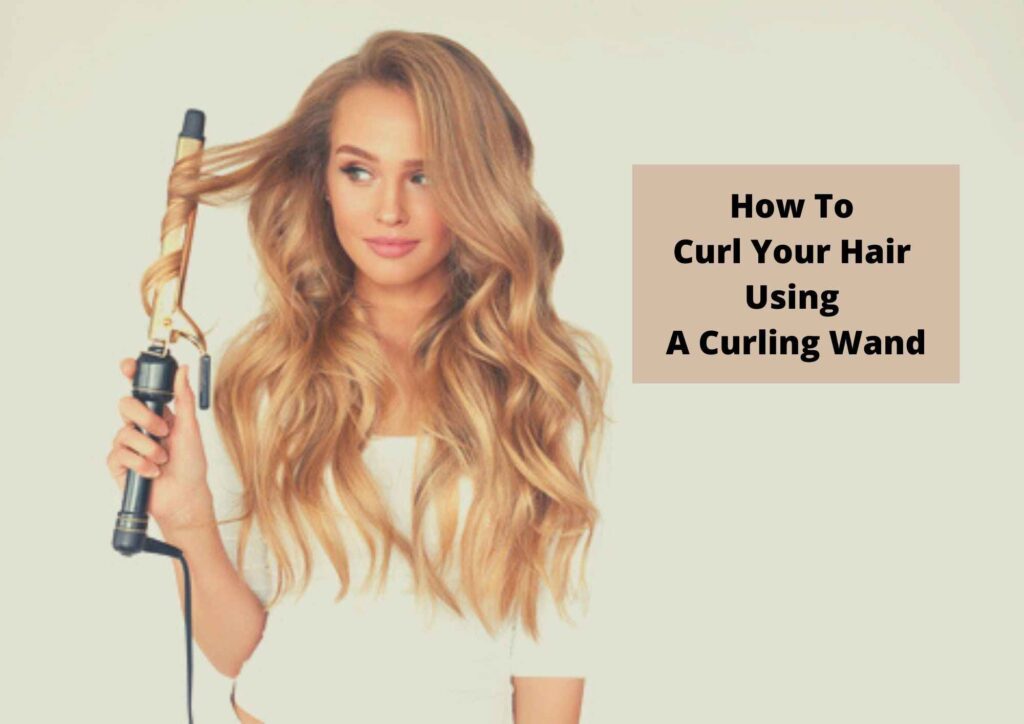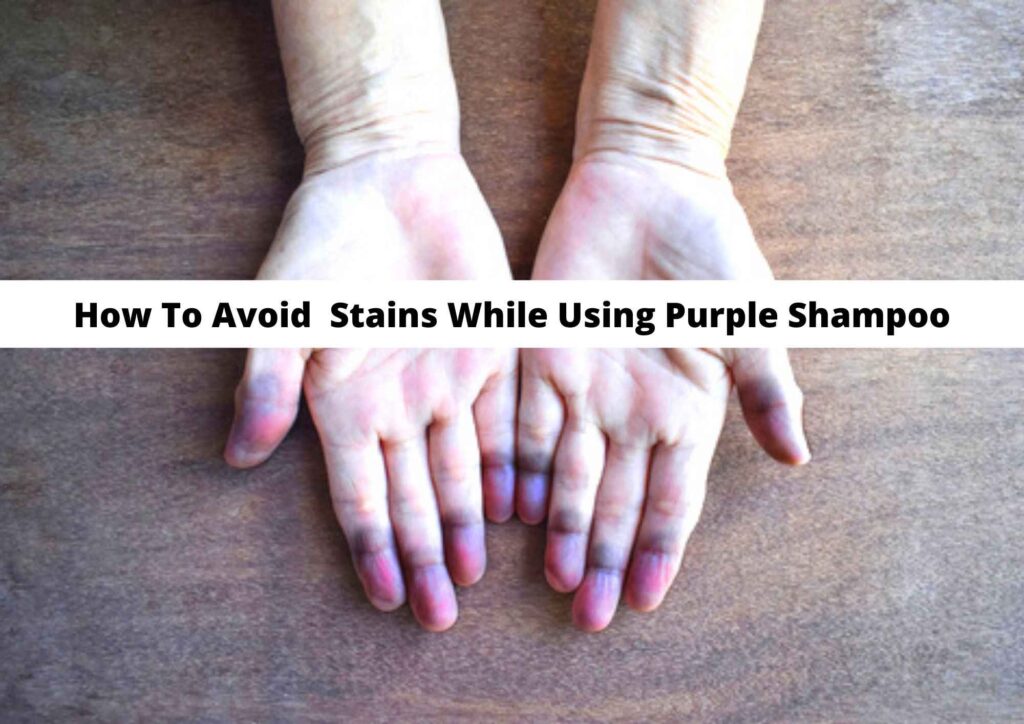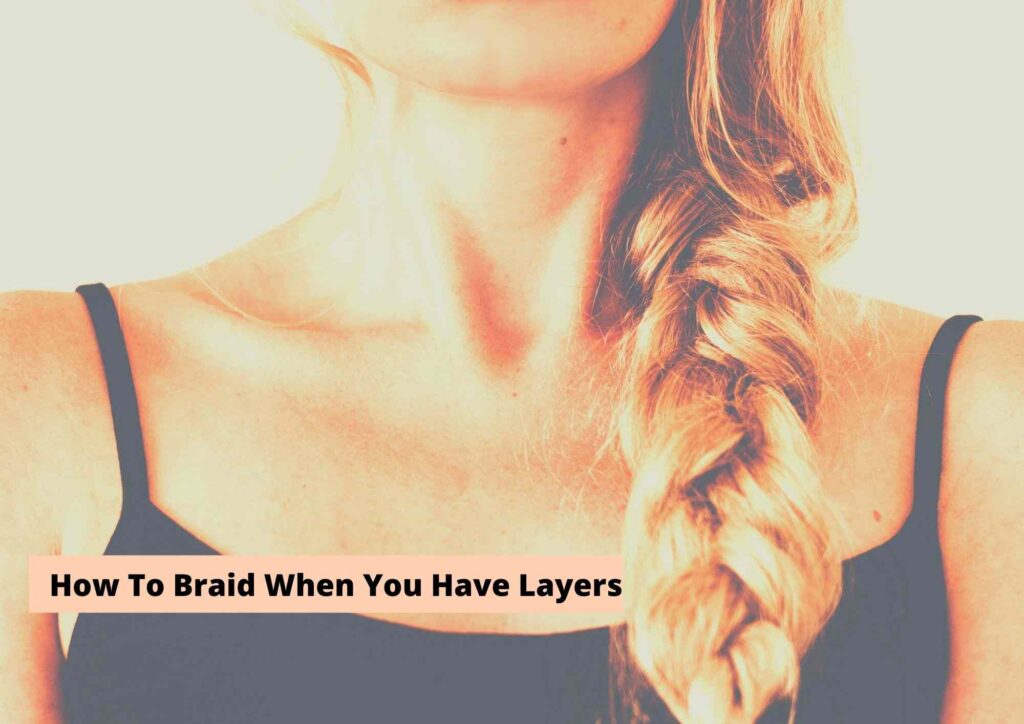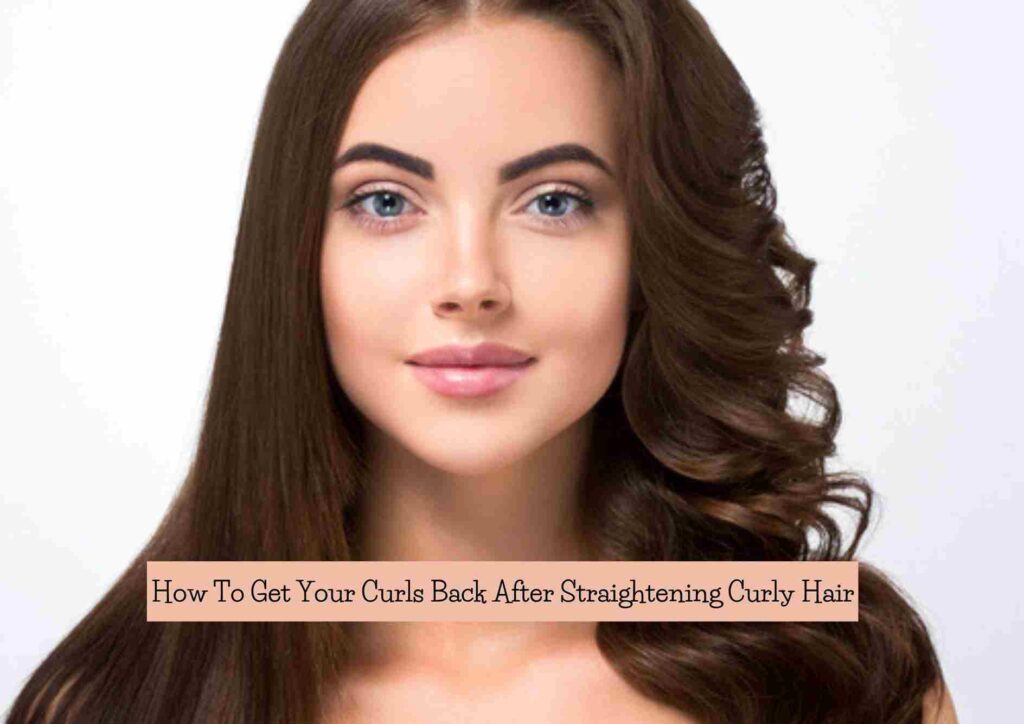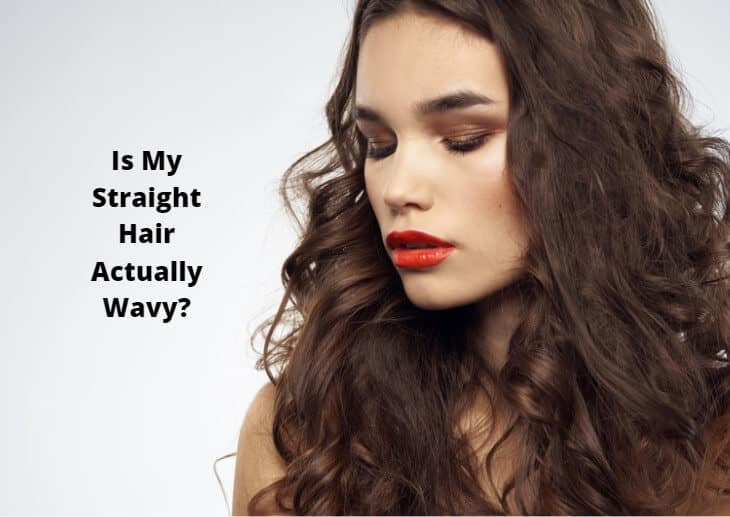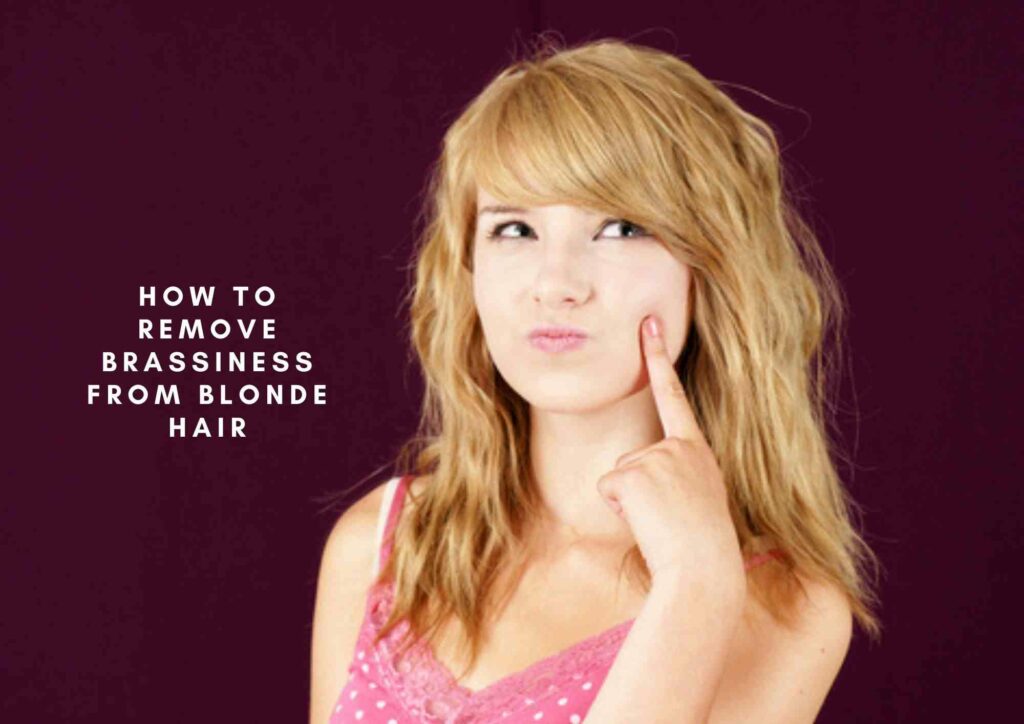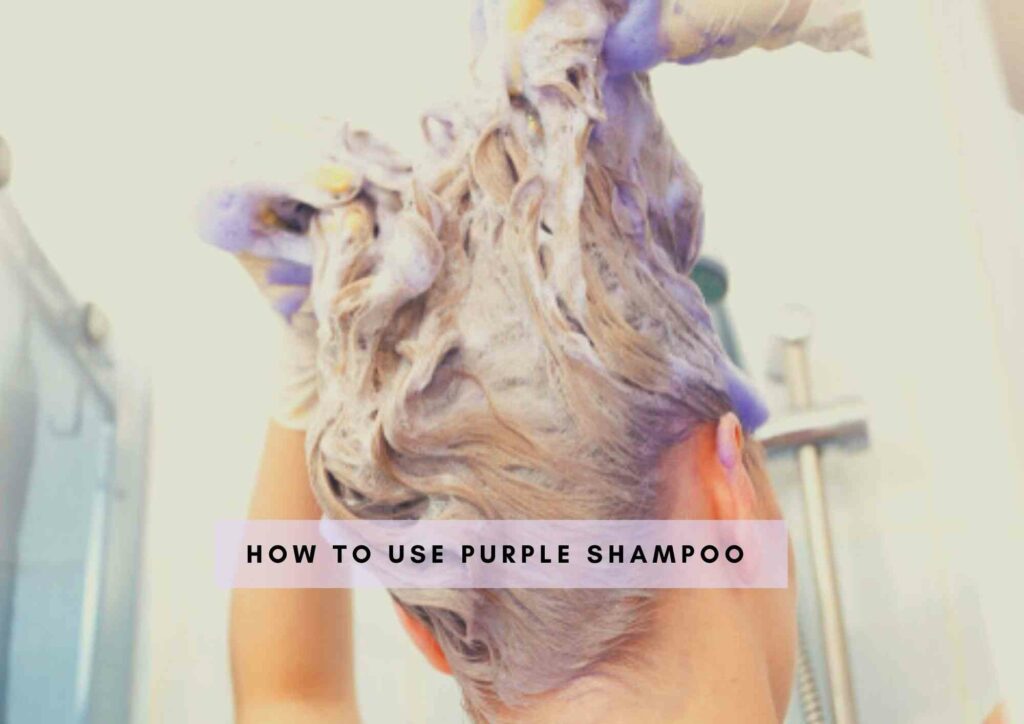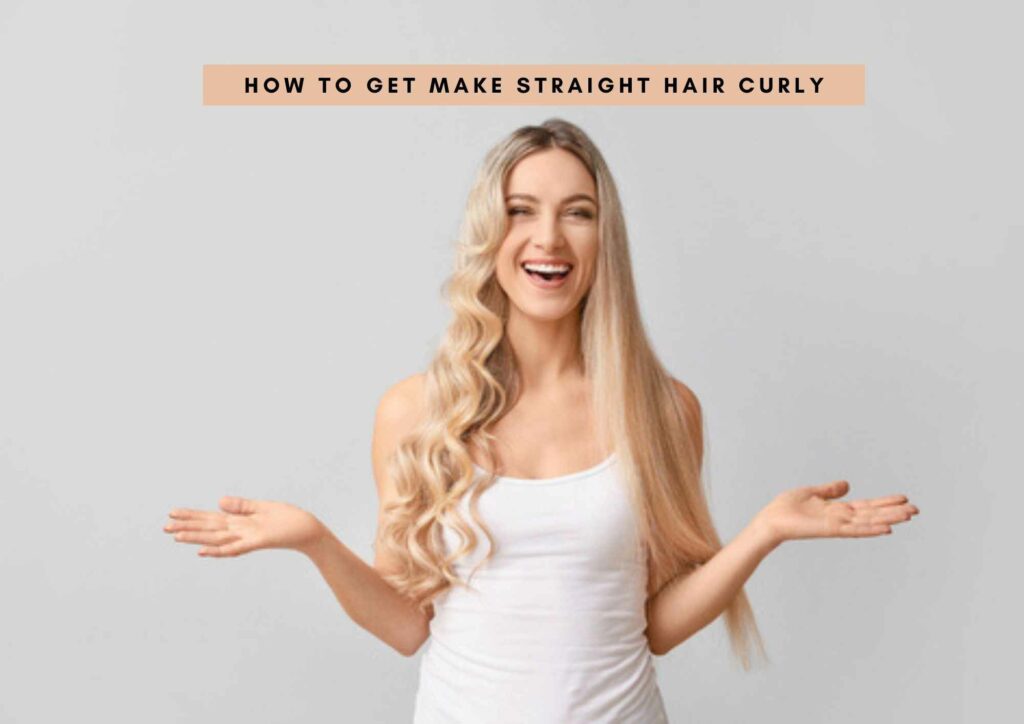“Curious about sugar as a hair treatment? Learn about the potential ‘Side Effects of Using Sugar on Hair.’ Explore the impact of sugar-based treatments on your hair, including concerns like dryness, damage, and scalp issues. Get insights into the pros and cons of using sugar for hair care in our comprehensive guide.”
Imagine swaying your hair side to side all shining and happy, but guess what? Sugar might not be friends with your hair.
Get ready to discover the bitter truth behind the sweetness. Have you ever heard of the hidden side effects of using sugar on your hair?
It’s not just about looks, it is about understanding how sugar can quietly influence the overall health of your hair.
In this article, we will be breaking down the side effects of using sugar and hair and guide you through the simple details, giving you the power to make informed choices.
Let’s step beyond the surface and explore the sweet yet complex relationship between sugar and your hair.
Get ready to learn and take care of your hair better. It’s a sweet journey to healthier hair, and it all begins here.
Side effects of using sugar on hair
Some of the common side effects may include
- Excessive sugar consumption can lead to dehydration, affecting not only your body but also your hair. Dry hair becomes brittle, prone to breakage, and lacks the natural shine and softness.
- Sugar can disrupt the production of collagen and elastin, both essential proteins for hair health. This can lead to weakened hair structure, making it more vulnerable to damage.
- Studies suggest that excess sugar consumption might accelerate the process of hair graying.
- Sugar-rich diets can contribute to imbalances in the scalp, leading to conditions like dandruff and an itchy scalp.
- High sugar intake triggers inflammation in the body, which can affect hair follicles and hinder hair growth. This might also result in slower hair growth and thinner strands.
- Diets high in sugar can disrupt nutrient absorption, affecting the intake of essential vitamins and minerals that promote hair growth and strength.
- Sugar can lead to insulin resistance, which may result in hormonal imbalances that can impact hair growth cycles and overall hair health.
- High sugar levels can raise the androgen hormone, linked to hair loss in both men and women that can lead to a condition called androgenetic alopecia.
- Excessive sugar consumption weakens the body’s ability to combat environmental stressors like pollution and UV radiation, which can harm hair health.
- Sugar-induced inflammation and imbalances reflect on your hair’s appearance, causing it to lose its natural shine, volume, and vibrancy.
Why does sugar cause hair loss?
There are many reasons why sugar can cause hair loss. First, sugar can damage the hair follicles responsible for producing new hair, and when they are damaged, hair growth can be slowed or stopped.
Second, sugar can cause inflammation, a natural immune response to injury or infection, but chronic inflammation can be harmful to the body and can lead to hair loss.
Third, sugar can lead to insulin resistance. As you may already know, insulin is a hormone that helps the body use glucose for energy.
When people are insulin resistant, their cells do not respond normally to insulin and glucose builds up in the bloodstream. This can lead to many health related issues including hair loss.
Additionally, high sugar intake can also impact nutrient absorption, depriving hair follicles of the vital vitamins, minerals, and proteins needed for healthy growth.
This combination of hormonal imbalances, inflammation, and compromised nutrient supply creates an unfavorable environment for hair to thrive, ultimately contributing to hair loss.
Can I use sugar water as a hair mask?
Yes, you can use sugar water as a hair mask. Sugar is a natural humectant, which simply means it draws moisture to the hair that can help to hydrate dry, damaged hair and make it softer and more manageable.
To make a sugar water hair mask, here is a simple recipe. All you have to do is simply mix together equal parts sugar and water.
You can adjust the amount of sugar to your liking, depending on how thick you want the mask to be.
Apply the mask to your hair.Leave it on for 30 minutes to an hour, then rinse it out with shampoo and conditioner.
You can also add other ingredients to your sugar water hair mask to boost its benefits. Some popular additions include:
If you have any concerns about using sugar water as a hair mask, talk to your doctor or a dermatologist.
Here are some additional tips for using sugar water as a hair mask:
Maintaining a balanced diet, proper hair care, and addressing any underlying health Honey, a natural antibacterial and antifungal agent which can help protect the scalp from infection and a great source of vitamins and minerals beneficial for hair health.
- Eggs, a great source of protein which can help strengthen hair and prevent breakage. It also contains biotin which is a vitamin essential for hair growth.
- Yoghurt, a great source of probiotics which can improve the health of scalp and hair follicles. It also contains lactic acid which can help exfoliate the scalp and remove dead skin cells.
Here are some important tips to remember while using sugar water as a hair mask:
- Apply hair mask to damp hair which will help sugar to dissolve and penetrate the hair shaft more easily.
- Cover your hair with a shower cap or plastic wrap while the mask is on, this will help trap the heat and moisture and enhance the overall benefits of the mask.
- Rinse the mask out thoroughly with shampoo and conditioner.
- Use the mask once a week to see the best results.
Using sugar water as a hair mask is a simple and effective way to hydrate and nourish your hair. It is a natural remedy that is safe for most people to use.
Can I add sugar to my shampoo?
Adding sugar to your shampoo is a practice that some individuals such as myself adopt to create a DIY exfoliating and clarifying shampoo.
The basic idea behind this is that the granules of sugar can help to gently scrub away excess buildup on the scalp and remove dead skin cells, promoting a cleaner and healthier scalp environment.
To incorporate sugar into your shampoo, you would typically mix a small amount of granulated sugar with your regular shampoo before applying it to your hair.
However, here are a few important considerations to keep in mind:
Adding sugar might alter the consistency of your shampoo, potentially making it more gritty.
Just like with using a sugar water mask, consider your scalp’s sensitivity because sugar granules could potentially irritate sensitive scalps, leading to discomfort or redness.
Ensure you rinse your hair thoroughly after shampooing to prevent any sugar residue from remaining in your hair, which could cause tangling or discomfort.
Different hair types may react differently to sugar-added shampoos. For example, those with dry or coarse hair might benefit from the exfoliating action, while those with fine or thin hair could experience tangling or breakage.
While sugar-added shampoo might help to remove some buildup, it’s essential to use it in moderation. Overuse could potentially strip your scalp and hair of natural oils, leading to dryness.
Overall, adding sugar to your shampoo can serve as a mild exfoliating treatment to potentially enhance hair health but please use this method cautiously, considering your hair and scalp’s specific needs.
Is sugar a good natural hair scrub?
Yes, sugar can be a good natural hair scrub and may lead to shinier, healthier hair.
Benefits:
- Sugar’s granular texture makes it a natural exfoliant, helping to remove dead skin cells, excess oil, and product buildup from the scalp.
- Sugar contains glycolic acid, which further helps in breaking down impurities and supporting the exfoliation process.
- Mixing sugar with water, shampoo, or a mild oil creates a paste that ensures proper dilution and prevents over-exfoliation.
How to apply?
- Gently massage the sugar mixture onto the scalp using circular motions to effectively remove buildup and stimulate circulation.
- After scrubbing, ensure thorough rinsing to prevent any sugar residue from tangling in the hair or causing discomfort.
- Excessive exfoliation can lead to dryness and disruption of the scalp’s natural balance.
- While sugar scrubs offer benefits, they are just one aspect of hair care. A holistic approach involving proper cleansing, conditioning, and a balanced diet is essential for overall hair health.
Takeaway:
In conclusion, while sugar itself may not directly cause hair loss, its excessive consumption can contribute to a range of health issues as already mentioned that may indirectly affect overall hair health.
Diets high in refined sugars can lead to insulin resistance, inflammation, and stress, all of which have been linked to various health problems, including those that might impact the condition of hair follicles.
Additionally, high sugar diets often lack essential nutrients that support hair growth and maintenance, such as vitamins, minerals, and proteins.
The resulting poor nutritional intake can compromise the strength and vitality of hair strands, potentially leading to hair breakage and thinning.
While reducing sugar intake can contribute to better overall health and potentially promote better hair condition, it’s just one piece of the puzzle.
Why You Should Trust Haireveryday?
The author of this article, Leah Marie Priest has a degree in Cosmetology with years of experience in dealing with hair care, scalp care, and hairstyling. As someone who extensively deals with all kinds of hair textures, products, styling methods and more, hair Leah Marie knows what kind of products and procedures suit each hair type and person. We have also tested these hair products and processes ourselves to provide you an unbiased review about every product. Each of our articles are also reviewed by a team of medical professionals so that you get the most accurate and expert-reviewed information.
Also Read:
Side Effects Of Using Shea Butter On Hair
Side Effects Of Using Essential Oils On Hair
Side Effects Of Using Honey On Hair
Side Effects Of Flaxseed Gel On Hair
Side Effects Of Cinnamon For Hair
To Summarize

